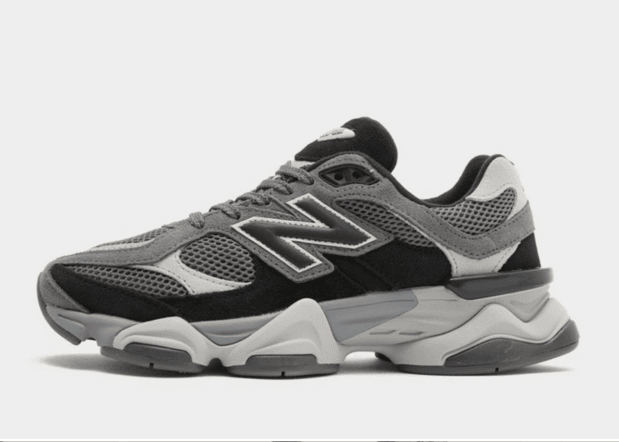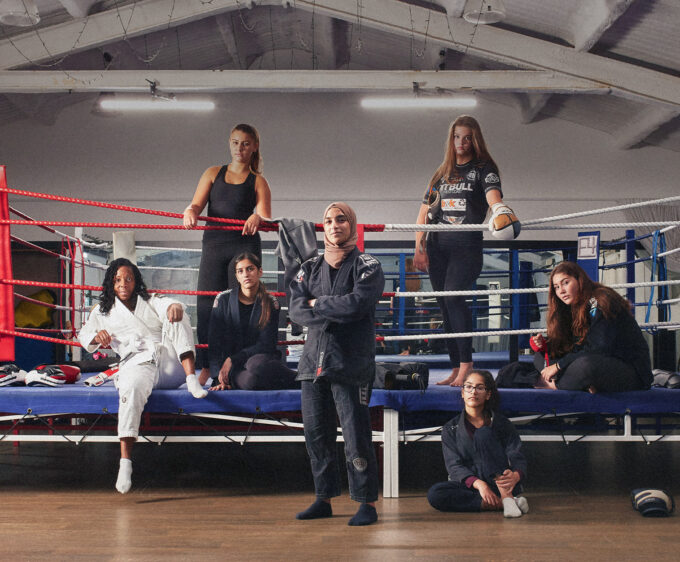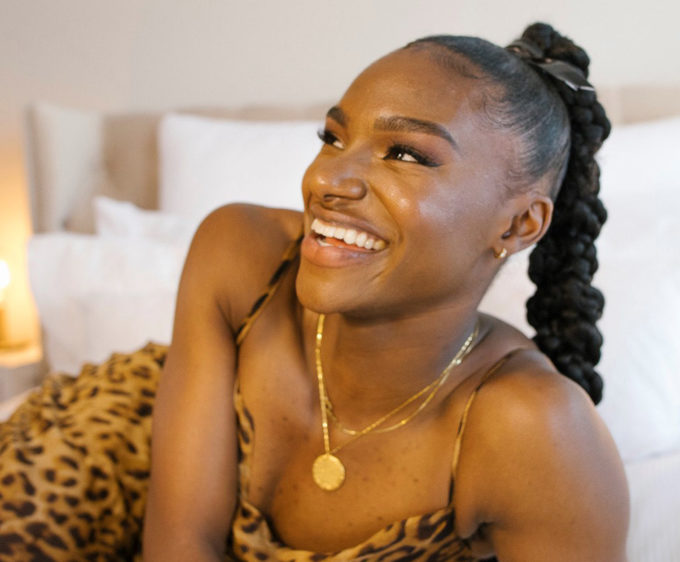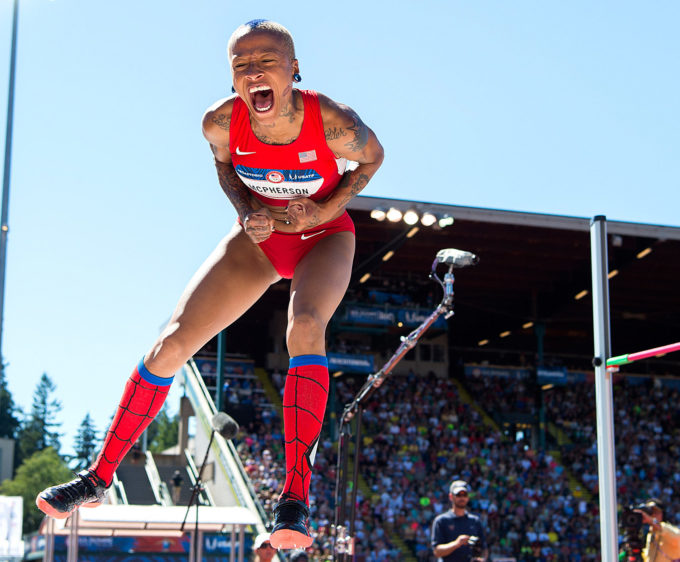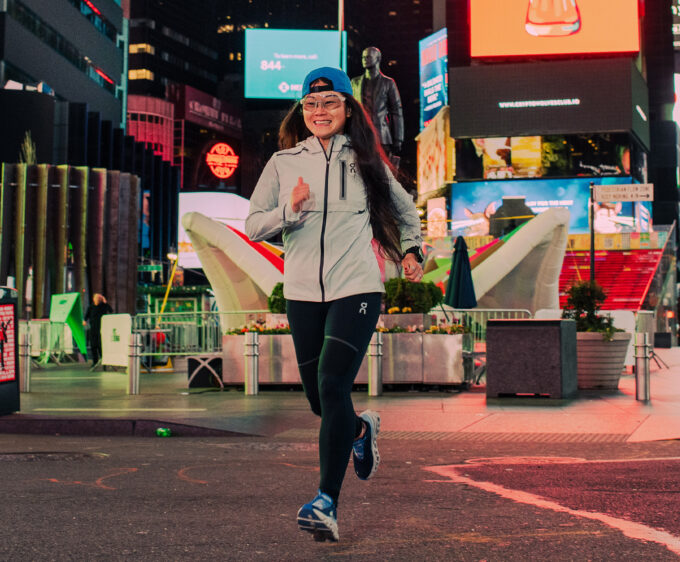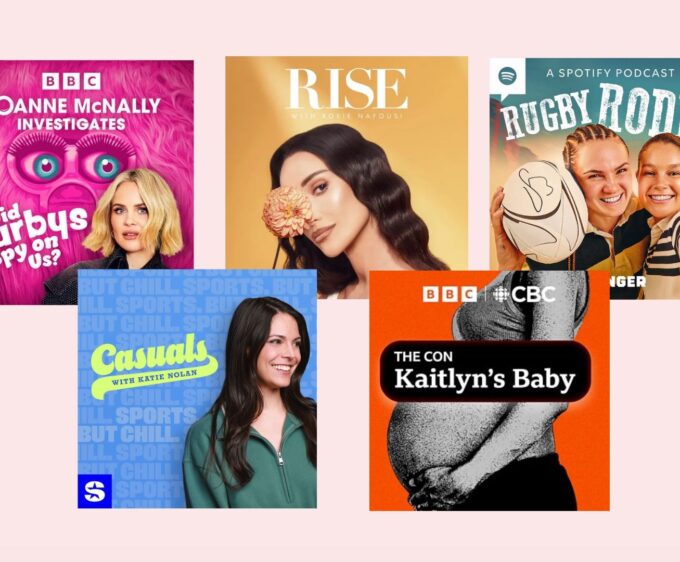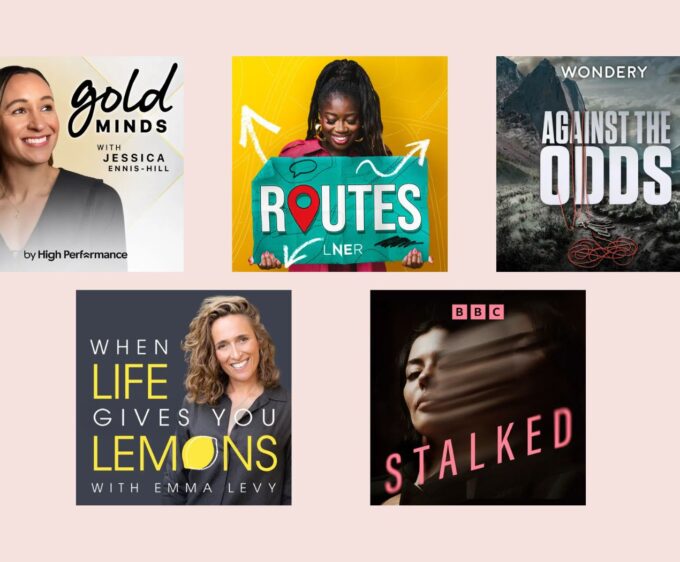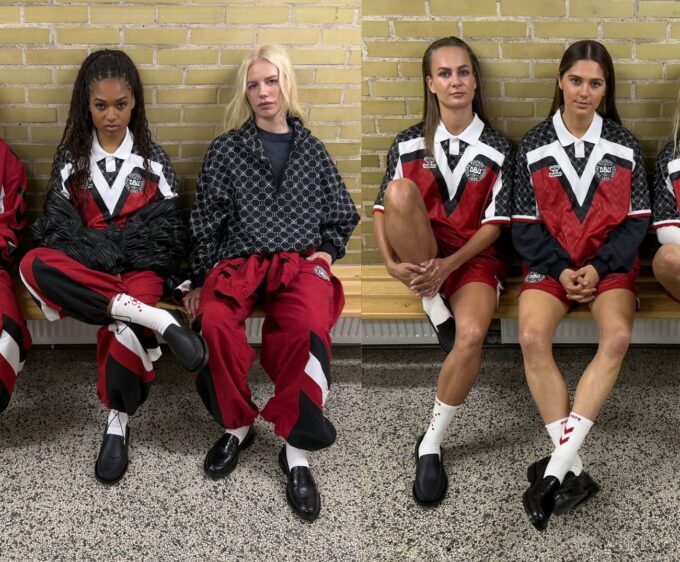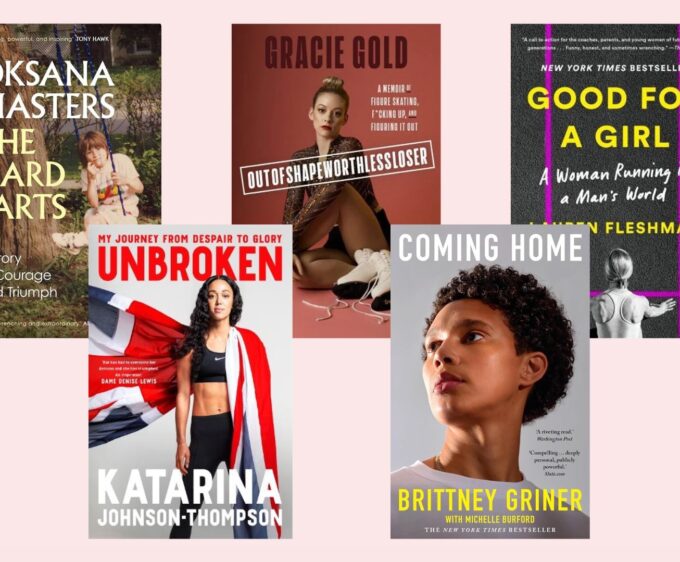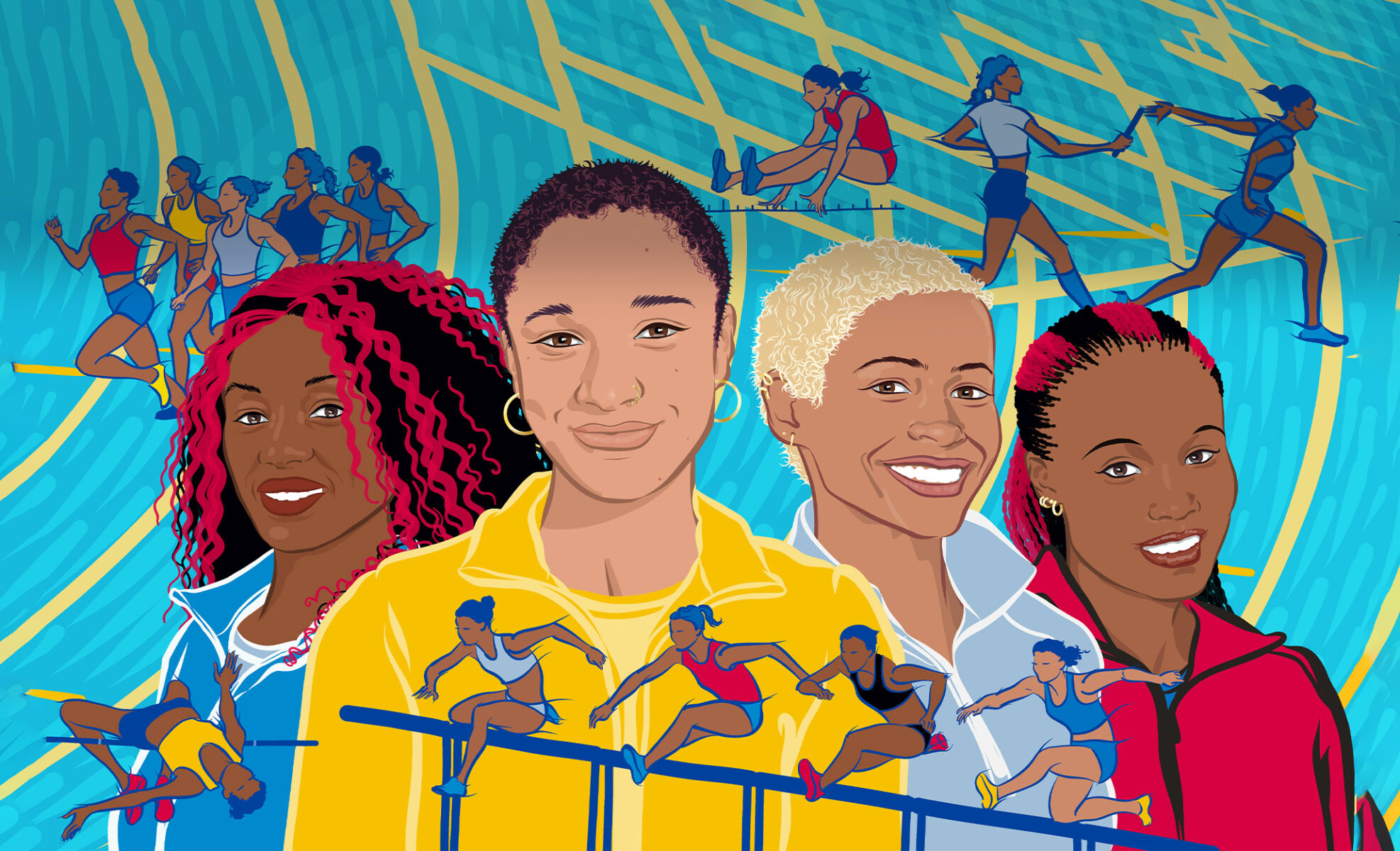
Stand And Deliver: Athletes And Girl Power
After Kenyan athlete Agnes Tirop was killed by her husband, fellow female athletes decided to act. Forming a platform, the Women’s Athletic Alliance, they raise awareness and help others move forward
By Jodie Williams
Illustration by Cybèle
Domestic violence is not a new issue. Often only whispered about, brushed over as a private matter or altogether excused. It generally takes a tragedy before it is spoken about in public spaces. Unfortunately this story is no different.
In October 2021 Agnes Tirop was murdered by her husband. She was just 24 years old, at the beginning of life and an incredible athletic career. Many of the early reports on her death contained no mention of the brutality she suffered, something far too common when reporting on gender-based violence. Her friends and fellow competitors however, were not going to let this blow over without acknowledgment of the truth. They wanted and needed the world to know what was going on just beneath the surface and we are here to echo their voices. For too long victims have been silenced, suffering through abuse they see no way out of; isolated in situations they fear will only get worse if they speak up with no help or resources waiting for them on the other side. This is why we created the Women’s Athletic Alliance, to enhance the wellbeing and development of female athletes in East Africa.
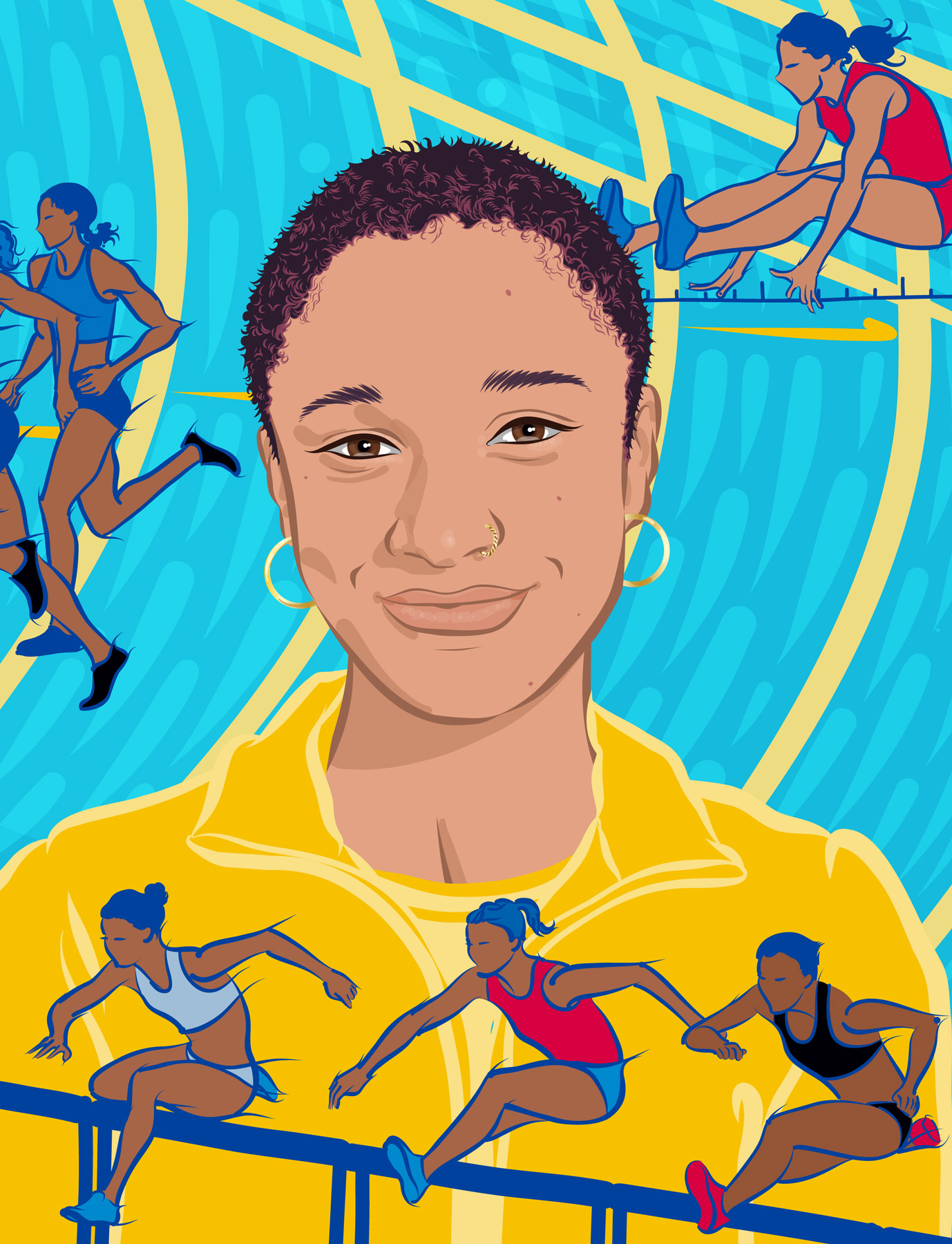
My name is Jodie Williams, I am a British sprinter and two time Olympian, based in Atlanta, Georgia. Over the last few years, I have been very vocal about women’s rights and the need for people to have a platform to share their own story. Through this I have gained experience working within the non-profit sector, specifically empowering young women and girls and championing their education.
In my work off track I have become all too familiar with the plight so many women around the world go through on a daily basis. After the devastating death of Agnes, it became evident that there was work to be done within my own sport. I simply could not sit back and do nothing. More needed to be done than simply raising my voice, so I reached out to Mary Ngugi and Joan Chelimo, two Kenyan athletes who had been very vocal about the need for tangible change. This is how I joined the board at the Women’s Athletic Alliance, founded by Mary. I know first hand the power sport can have in empowering people; not just in an elite sphere but at every level. By coming on board, my hope is that I can provide the insights I have gained working within non-profits and that together we can create a united voice across borders.

Joan, along with Viola Cheptoo, went on to found Tirops Angels, another organisation standing against gender-based violence (find them at @tirops_angels) It is often said that sport is a microcosm of society; historically African women have faced greater levels of violence within their own homes, they are most at risk globally of being killed by their intimate partner or family member, with a homicide rate of 3.1 per 100,000 female population.
Through this organisation we want our fellow competitors to know that whatever they are going through, they are not alone. Our hope is that we can come together globally to create a community where women feel safe enough to speak out against abuse and, most importantly, have access to people who can help them get out.
The Alliance was founded by Mary Ngugi, a Kenyan long distance runner and Boston Marathon bronze medalist. She has been using her voice and platform to raise awareness of the corruption and abuse happening behind the scenes within our sport, particularly within East Africa. According to the most recent data, 41% of women in Kenya have reported experiencing physical or sexual violence from their husband or partner. Mary’s desire for tangible change speaks to people around the world. Jazmin Sawyers, a two time British Olympic finalist in the long jump, and I were two of those women. We offered Mary our support in any capacity we could and, after brainstorming together, the Women’s Athletic Alliance was born. “After Mary used her voice to educate the world on the way that many East African female athletes are suffering at the hands of their coaches and husbands, I felt compelled to help wherever I am able,” says Jazmin, of her involvement with WAA.
“I have experienced so much positivity through sport and I want to be a part of making sure that women everywhere have access to those experiences, and aren’t having them unfairly taken from them. I hope to play a part in a fundamental change within our sport that means firstly that the tragedy of Agnes’ death is never repeated, and secondly that the girls that will become the future stars of athletics are able to enjoy and reap the rewards to the fullest, as they deserve.”
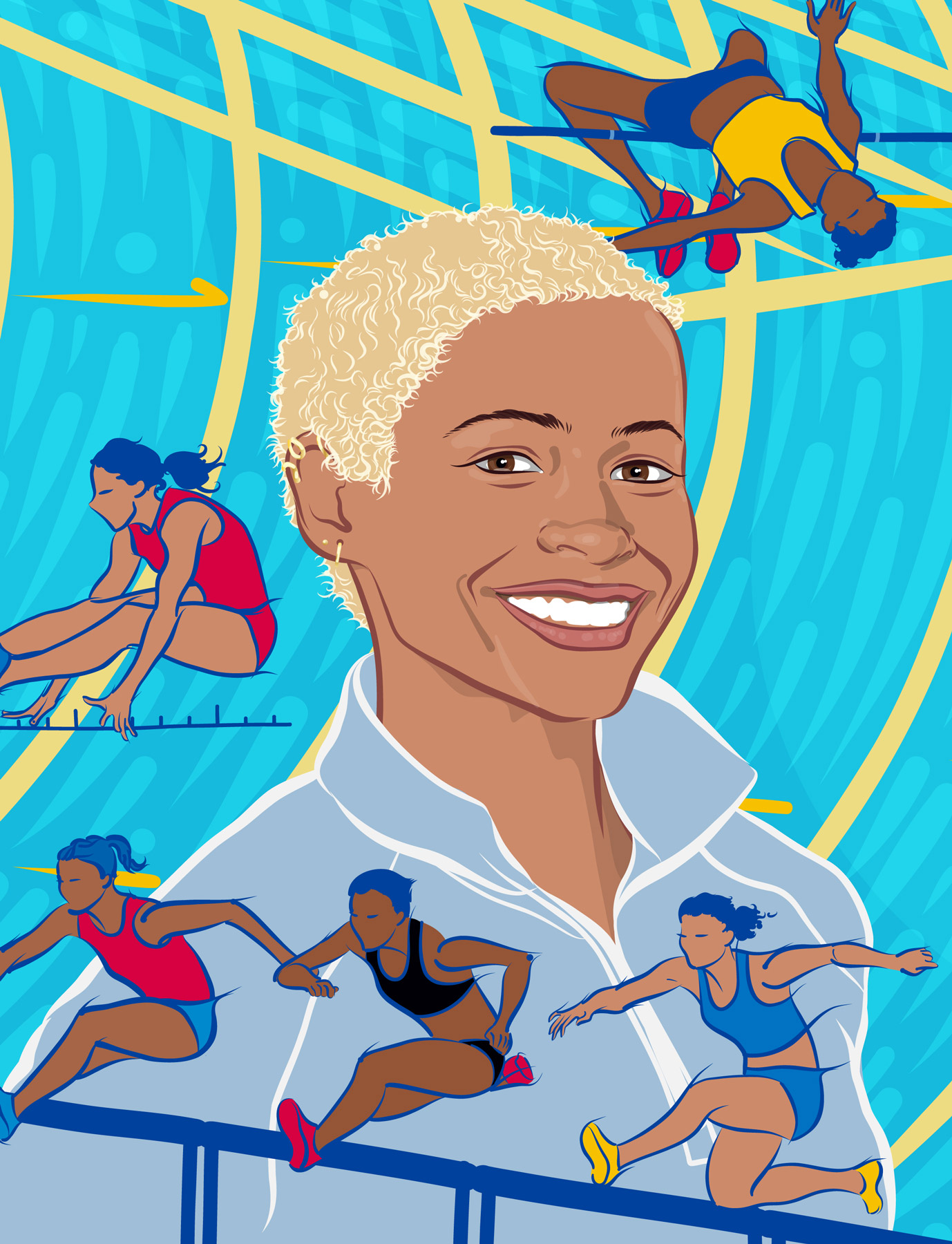
The main mission of the organisation is to provide essential assistance for athletes suffering from domestic abuse. At the same time, we will offer mentorship and guidance to up and coming female athletes on the challenges which may arise, and their options in dealing with them. Across our social platforms we also aim to highlight and celebrate East African women who are doing amazing things, both on the roads and the track, providing a space for their stories to be told and successes shared. Mary shared the depths of the issues facing so many women in Kenya, both within their sport and in everyday life. “I have seen women constantly being abused and controlled by their husbands – they are treated like their property. These women have no voice, no power and in many cases no control over what races they take part in, or where their money ends up from contracts or race winnings,” says Jazmin. “We started WAA to help change the situation in Kenya and East Africa as a whole.”
Mary speaks of coaches and agents abusing their power in a young girl’s life, making the girls feel as if they are indebted to their coach for realising their talent. Their hard- earned and hugely sought-after shoe contracts are often being filtered through coaches, agents and husbands. The same goes for the prize money earned from races, in which they are often told to do, with no say in their own scheduling. In answer to this, WAA plans on building a trusted network of coaches, agents, lawyers and current athletes to help enact our three-pronged approach: celebrate, empower, protect.
Celebrating
“We will tell stories about our amazing East African athletes, help them to build their confidence as people and not just as ‘another African runner’,” says Mary, when asked why this approach was important. “We hope to not only raise the exposure of women’s sports in East Africa but also to show young girls coming up through the ranks that the world cares about WHO they are, their stories and their performances. “We want to help women build their social platforms and bring more attention to what they are achieving on the roads and on the track. There is such an extreme depth of talent however many of the girls and women do not have a following anywhere near their European counterparts, despite having achieved equal, if not higher, levels of success.
“In a recent article we published with multiple World and Olympic medalist Hellen Obiri*, she spoke about this lack of media exposure within African women’s sports. “I think it’s the same for all of us Kenyans – that we don’t really understand how to do it. I see Eilish (McColgan) and other girls I compete with and know they make good money from sponsorship online, and of course it’s something we would all want, but don’t really know where to start.”
Helen adds: “Of course it’s easier after races and in press conferences for native English speakers to express themselves better than us, perhaps that’s some of the reason, but I know those other girls do a lot of posts around their training and life too. Social media can generate a lot of income for athletes outside of their main sponsors; we’re currently connecting with photographers in Kenya, to add to our trusted network and help capture imagery for athletes’ socials and help them build their following whilst also promoting on our own platforms.”
Empowering
Empowering girls from a young age forms a crucial part of our strategy. “Many women are suffering right now and we believe that athletics can be a great tool to force change,” says Mary. “I really hope that our approach will work because we are not just trying to fight GBV but stop it from happening in the first place.” She adds: “We are reaching out to current professional athletes who will help run our mentorship programmes and camp visits. One of these is Mercy Cherono, a world silver medalist over 5000m who is currently making her comeback after having her first child.”

COMMUNITY

“I want to join Mary and the girls to help make sure what happened to Agnes doesn’t happen again. All women should love themselves first and foremost,” Mercy adds, referring to a situation she has seen all too often with young girls in athletics. “Have the confidence and self belief, and be powerful enough to say ‘no – this is not right’.” “In Kenya the majority of athletes join running camps where they live and train, and for a lot of the girls this is where they can fall into trouble with coaches and agents getting involved.
“Through physically visiting camps we can connect current professional athletes with the younger girls to help guide them through any troubles they may face and talk them through what to expect whilst competing and travelling on the circuit”, says Mercy. It has been proven that sport can be a great tool to empower, according to the United Nations Division for the Advancement of Women in “Women 2000 and Beyond: Women, Gender Equality and Sports. Women in sport leadership can shape attitudes towards women’s capabilities as leaders and decision-makers, especially in traditional male domains. Women’s involvement in sport can make a significant contribution to public life and community development.
Protecting
Our final pillar is to protect. We want to make sure we are providing support and guidance to women who are currently in abusive marriages and who need assistance from our partners legally, financially and mentally. If we can create a trusted community where people feel it is safe to come and speak to us and know that they will be provided with resources and help on the other side, our hope is that more women suffering through domestic violence will come forward and that we can help them to get out.

